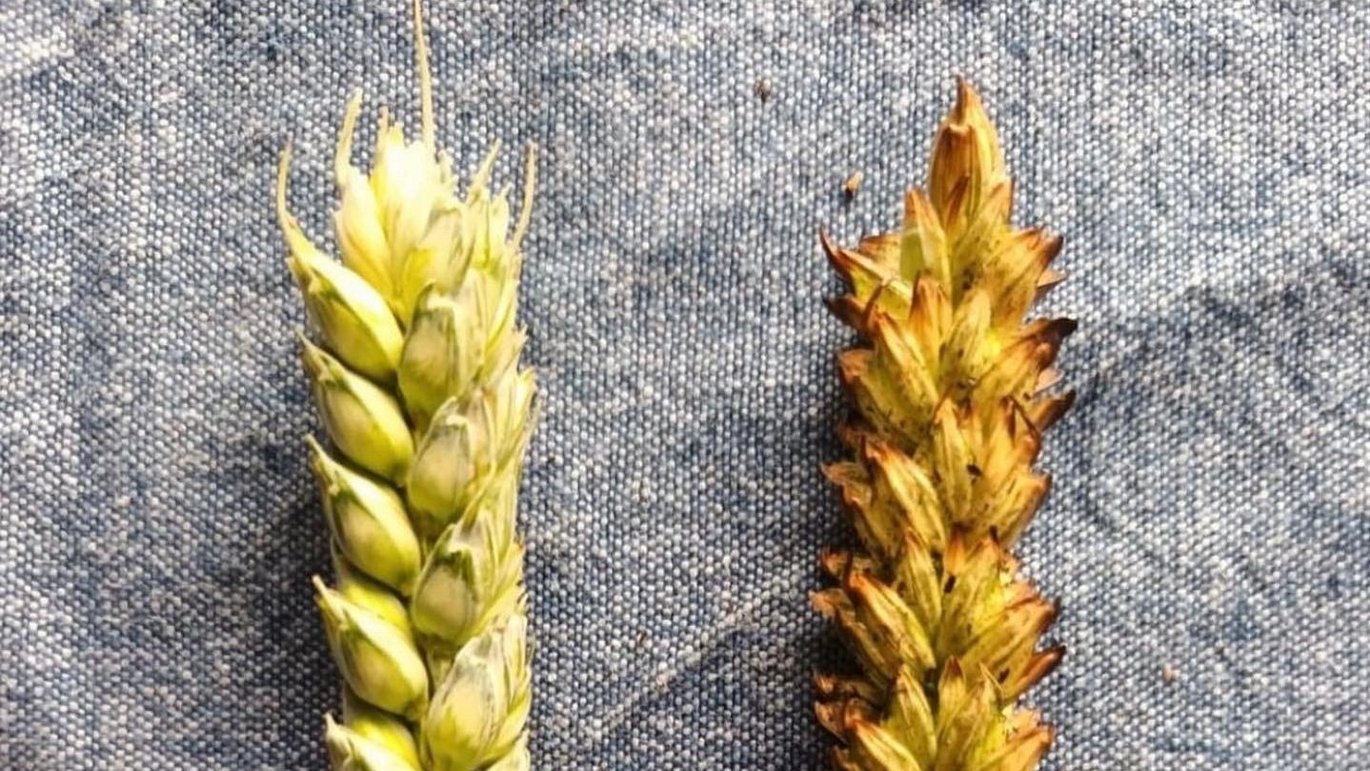New project will explore the hidden potentials of grain
Based on ultra-modern Nordic technology and inspiration from Middle Eastern traditions, the project partners of BOOST will redeem the potentials of grain varieties, in the field as well as on the plate.

It is a collaboration throughout the value chain, which will explore and redeem the potentials of grain. The aim is to boost the local production and use of organic, high-quality grain. Whilst Landsorten is the leader of the project, Agrologica and Anders Borgen will, among other things, develop the genetic resources for the organic grain production.
Gl. Buurholt and Visti Møller are part of the project as well. They will explore an alternative way of improving the protein content by the implementation of an advanced machine, developed by Swedish Bomill. The machine can, among other things, sort each individual grain according to protein content on a large scale. This is interesting, since e.g., the bakers and the brewers, have different requirements regarding the protein content of the grain.
At the other end of the value chain, Copenhagen University (KU) and the food-developing company KOST, are situated. Together, they are exploring the gastronomic production-potential of the grain varieties. Whilst KU is performing sensory analyses on, and is relating it to, the composition of the grain, KOST is expanding on these analyses, in a series of gastrophysical experiments to ensure flavour and texture and develop new processing methods. Louise Beck Brønnum will, together with chef Peter Nøhr, lead the gastronomic product-development at KOST.
Finally, KU will conduct consumer surveys with some of the new ideas and prototypes.
Middle Eastern inspiration
KOST and KU is focusing on a traditional Middle Eastern processing method, where early harvested durum wheat is “burnt”. The name of the method is freekeh, derived from the Arabian term faraka, which means to “rub” or “thresh”. The term refers to the actual production of freekeh, where the durum wheat is harvested early, burnt, and threshed to free them from the bran. In the BOOST-project experiments are made, among others, with purple wheat and oat.
It can be a challenge to create a tasty plant-based meal. This is primarily due to the fact that plants themselves rarely taste much of umami. You therefore need to perform processing to create the necessary taste-attributes that are lacking, when you want to eat less animal-based food. When the grain is harvested early and green, it contains a higher content of free amino acids and sugars, which provide sweetness and more umami taste.
The final grain product has an embedded deep and rich smoke-flavor; a good starting point for a plant-based meal. Due to the early harvest of the grain when using the freekeh-method, the actual yield for the farmer will be decreased, but on the other hand, the harvest will have a reduced risk of being destroyed from weather conditions, combined with a potential opportunity of another crop rotation and, most importantly, a higher price for the product.
The project BOOST is a part of the Organic RDD 7 – program, which is coordinated by ICROFS (International Centre for Research in Organic Food Systems) in collaboration with Grønt Udviklings- og Demonstrationsprogram (GUDP) from the Ministry of Food, Agriculture and Fisheries of Denmark.
This article was published in "Økologisk Landbrug", the 23rd of December 2022, no. 681.